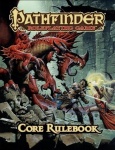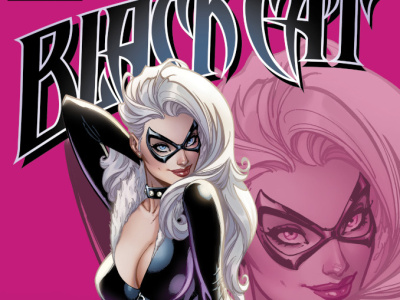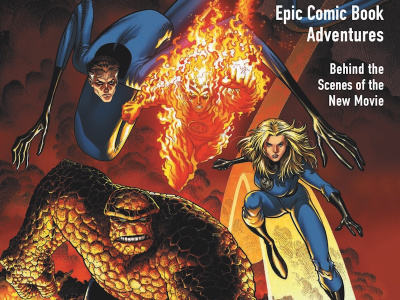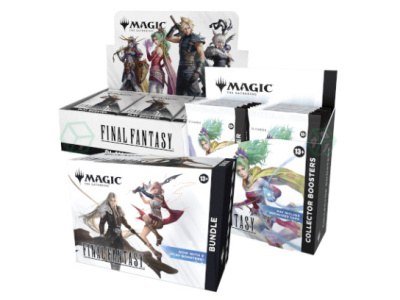 Rolling for Initiative is a weekly column by Scott Thorne, PhD, owner of Castle Perilous Games & Books in Carbondale, Illinois and instructor in marketing at Southeast Missouri State University. This week, Thorne tries to diversify his RPG sales.
Rolling for Initiative is a weekly column by Scott Thorne, PhD, owner of Castle Perilous Games & Books in Carbondale, Illinois and instructor in marketing at Southeast Missouri State University. This week, Thorne tries to diversify his RPG sales.In a sign of the increasing domination of the RPG field by Pathfinder (at least here, your mileage may vary), of the RPG books and supplements sold last week, over 80% were Pathfinder or Pathfinder-related. This is not a good thing. Well, from Paizo Publishing's perspective, it's probably a pretty good thing, since most of the RPG stuff we sell is theirs. As they want to sell RPGs, the more we sell, the better for Paizo. Not so good for us though.
Why? Diversification. While I don't mind having a top-selling product line, it is a bit worrisome to have my number two lines, Dungeons & Dragons and Deadlands, totaling only a fifth of all my RPG sales combined. The problem with that, of course, is that if the local Pathfinder Society, a prime driver of Pathfinder sales here and a good argument for companies promoting strong organized play programs, collapses for some reason, as has been known to happen with RPG groups, or local tastes change, the store will have lots of Pathfinder material without a market. This is not, paraphrasing Martha Stewart, a good thing.
So, what to do, what to do? We have already taken a couple of steps to generate interest in what we view as second tier RPG lines. First, we stepped up participation in the Bits and Mortar program. I have written about the B&M program in the past (see "Rolling for Initiative--2011 Wish List"), but essentially, a group of independent RPG publishers have graciously agreed to allow stores to give away a PDF of an RPG whenever the store sells a print copy of the same RPG or supplement. We have participated in the program for a while, but have actively started promoting it over the past couple of months with in-store signage, stickering the appropriate books notifying customers of the program and training employees as to which books are included in the program and how to send the free PDF when customers buy the print copy of the game.
Also, we are taking steps to run smaller RPGs in the store, which we have done in the past with varying amounts of success. Pathfinder and D&D both have regular Organized Play in the store but no other company that I know of has such an extensive program in place as these two do. Troll Lord Games used to have its Castles & Crusades Society but I have not heard much about it for the past couple of years. AEG did have a robust Living Rokugon program at one time but with the company's recent emphasis on board games and the Legends of the Five Rings TCG, I don't see much chance of any organized support for the L5R RPG in the near future.
This leaves it up to the store. We will recruit judges for some of the RPGs that we think have enough support product out there that working to revitalize interest in them would generate sales. For example, while TableTop generated a lot of interest in Fiasco, currently the game only has two books in print so not enough sales potential there to justify extensive effort and store resources put into developing it. Therefore, we plan to look at existing RPG lines the store carries that have a sufficient catalog of player-oriented books, as experience shows we sell 2-12 player-oriented books for every GM-oriented one that moves. With so many good RPG lines out there (Deadlands, Castles & Crusades, All Flesh Must Be Eaten, Legend of the Five Rings come to mind), the question remains: On which one(s) to focus limited resources?
The opinions expressed in this column are solely those of the writer, and do not necessarily reflect the views of the editorial staff of ICv2.com.







